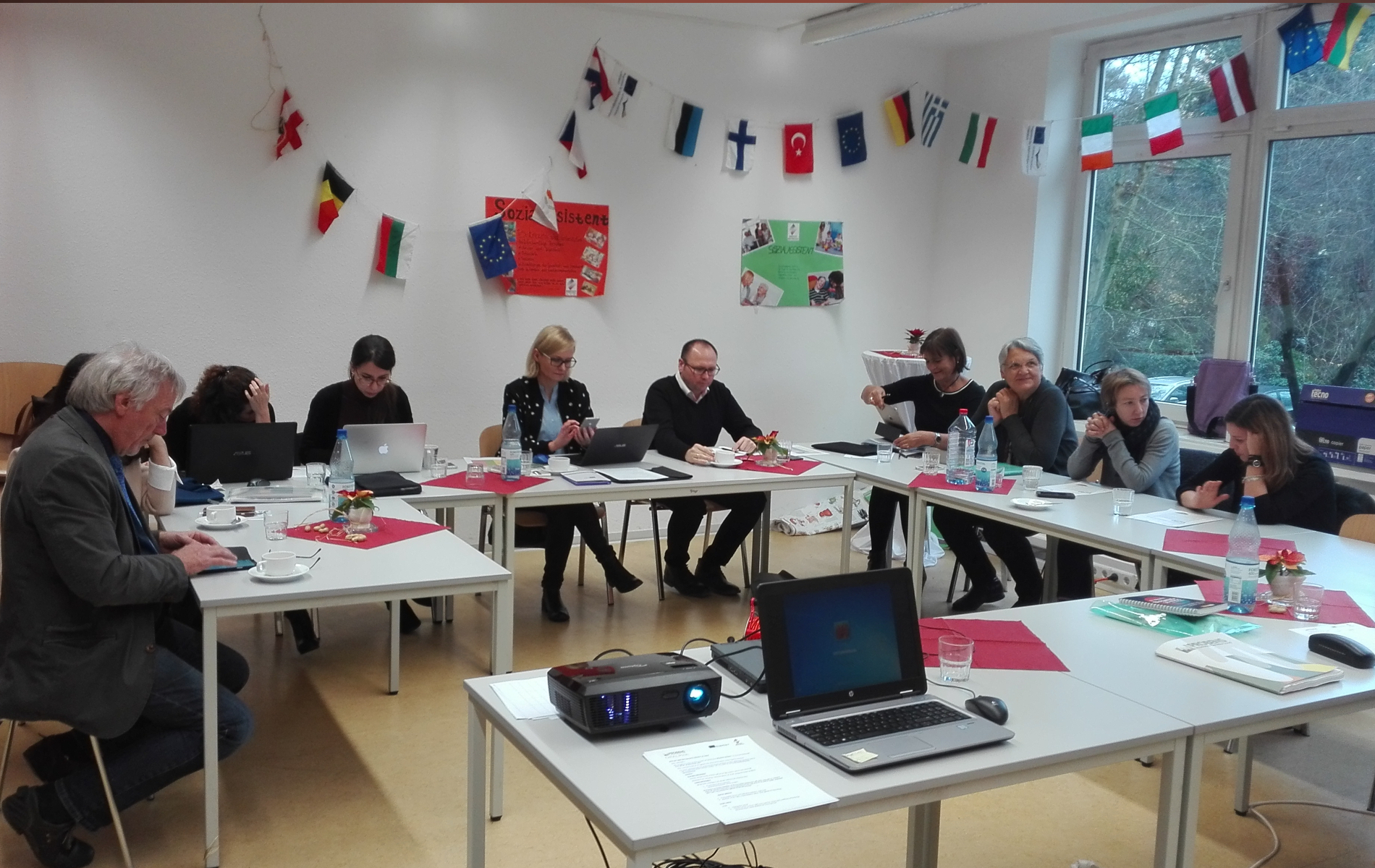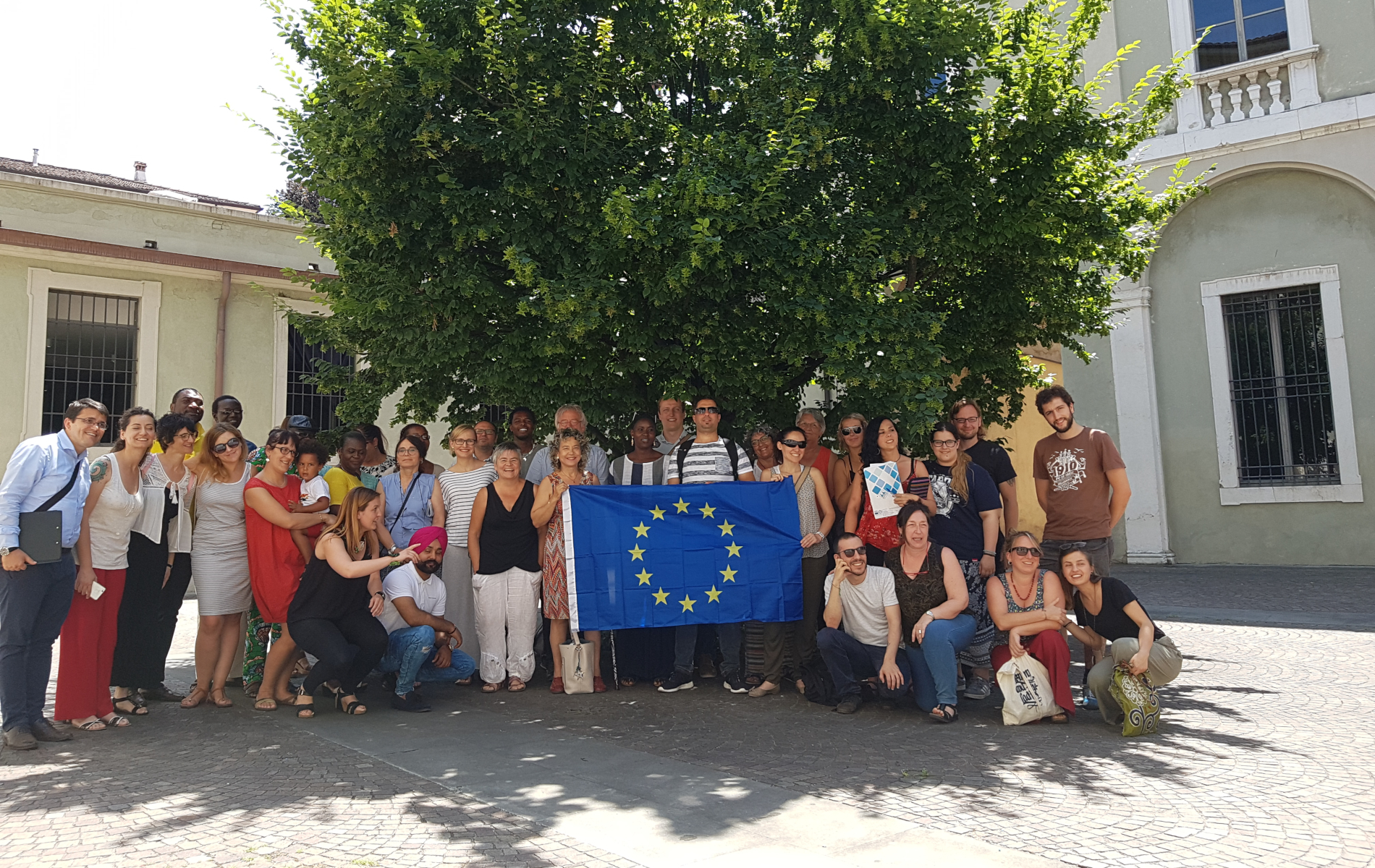Strategic objectives
Provide a European over-all second language literacy framework to the fields of education, re-search and policy making.
Provide a European guide of good practices to trainers and entities engaged in host.
Social policy is a fundamental pillar of the European Union, and as shown in the 2020 Plan are priority objectives: the reduction of poverty and social exclusion. According to the INE (2012) one of the most vulnerable groups who suffer social exclusion, is the immigrant and refugee population with a low level of the host language and reading skill. That is, illiteracy and lack of knowledge of the host language are direct causes of social exclusion and poverty.
The ORALPHA project has been conceived with the overall objective of promoting inclusion in illiterate immigrants and refugees whose mother tongue differs from the host language. Whereas learning the host language is a vital element for the citizen and social participation. Therefore a good development of the host language skills directly reduces social exclusion and poverty.
According to ALFIE report (Learning Partnership) the fields of education, research and policy in Europe have no formal means of reference to develop and maintain a strong and high quality education for illiterate immigrant population. Within existing problems in this regard, the ORALPHA project aims to solve that not all European countries have the possibility to train teachers in order to provide language training that youth and adult immigrants and refugees need. To do so, the project has established as specific goal, the improvement of the teaching practice of the host language in the basic skills (literacy and oral communication) to youth and adult immigrants and refugees.
For it is intended to achieve the following tangible results:
ORALPHA is composed of six entities:
This project is a collaborative and participative methodological basis so also will be involved in the project: local authorities, teachers and students participating in language and literacy courses. In this way it ensures that the project caters to real needs. Through the development of activities, production of intellectual products, joint reflection and development of critical capacity, aims:
Through the reduction of social exclusion, more egalitarian societies are achieved. That is, improves societies and promotes coexistence in a democratic way.



